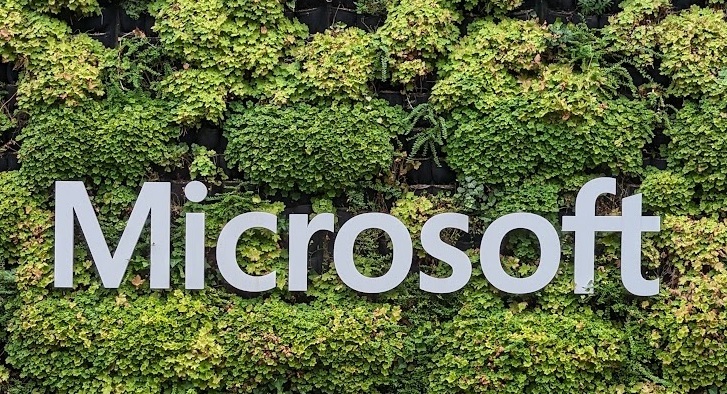Microsoft Signs Deal to Remove 350,000 Tonnes of Carbon Through Agroforestry

Microsoft and climate finance company Catona Climate announced today that they have signed a new 6-year offtake agreement, with Microsoft purchasing 350,000 tonnes of carbon removal credits generated through agroforestry projects in Kenya, and marking the latest in a series of large-scale nature-based carbon removal deals for the tech giant.
The carbon removal credits for the new agreement stem from Catona Climate’s Lake Victoria Watershed Agroforestry Project located in Homa Bay, Kenya. The project aims to support 15,000 local smallholder farmers, partnering with them on sustainable agroforestry practices to develop forest gardens consisting of multi-tiered mixtures of trees, shrubs, and crops on their lands, transforming mono-cropped land into nature-based carbon sinks with above and below-ground biomass and improved soils.
In addition to carbon removal, the project aims to provide economic and environmentalEnvironmental criteria consider how a company performs as a steward of nature. More benefits including improved yields without the use of fertilizers or pesticides, prevention of deforestation and biodiversity loss, and reduced impact from drought and soil runoff, increasing income streams and food security, while improving the sustainable growing capacity of the land and enhancing biodiversity.
Rob Lee, Chief Carbon Officer at Catona Climate, said:
“This collaboration demonstrates what’s possible when like-minded stakeholders come together to align on project quality and impact. There is no path to meeting Paris Agreement targets that doesn’t involve carbon removals. Our job is to source, vet, design, finance, monitor and measure the projects that will allow companies like Microsoft to achieve their climate goals, so we can all look forward to a sustainable future.”
The project is funded, designed and managed by Catona in collaboration Trees for the Future, a non-profit focused on training farmers in agroforestry and sustainable land use to improve livelihoods and revitalize degraded land.
Tim McLellan, CEO of Trees for the Future, said:
“Catona has been instrumental in helping us finance, design and implement this groundbreaking community-driven project, and I’m thrilled to have a climate leader like Microsoft involved as well. Microsoft’s support of nature-based solutions and this project align nicely with our vision to revitalize degraded lands and enhance the lives of farming communities around the world through sustainable agroforestry practices.”
The deal marks the latest in a series of carbon removal agreements for Microsoft, and an extension of the company’s growing portfolio of carbon removal investments, forming part of Microsoft’s initiative to become carbon negative by 2030. Many of Microsoft’s larger carbon removal deals are focused on nature-based solutions, including recent announcements agreements with Chestnut Carbon and Brazilian reforestation-focused startup Mombak, in addition to agreements spanning a wide range of technologies and approaches including direct air capture (DAC), ocean-based carbon removal, and biochar-based projects.
Brian Marrs, Senior Director for Energy & Carbon Removal at Microsoft said:
“With organizations like Catona, we’re able to add agroforestry projects to our portfolio that not only remove carbon but also meaningfully support biodiversity and benefit local communities in the short and long term.”